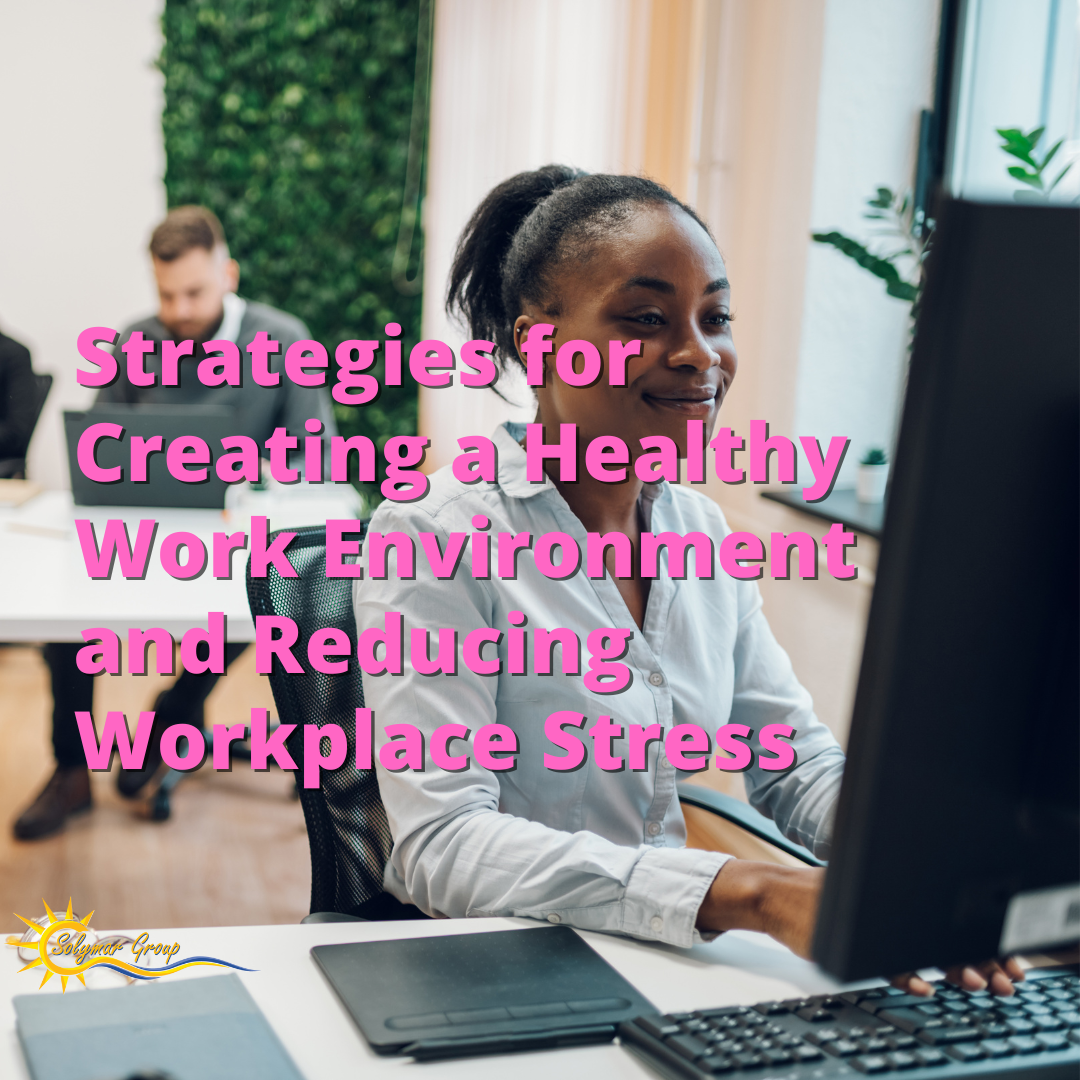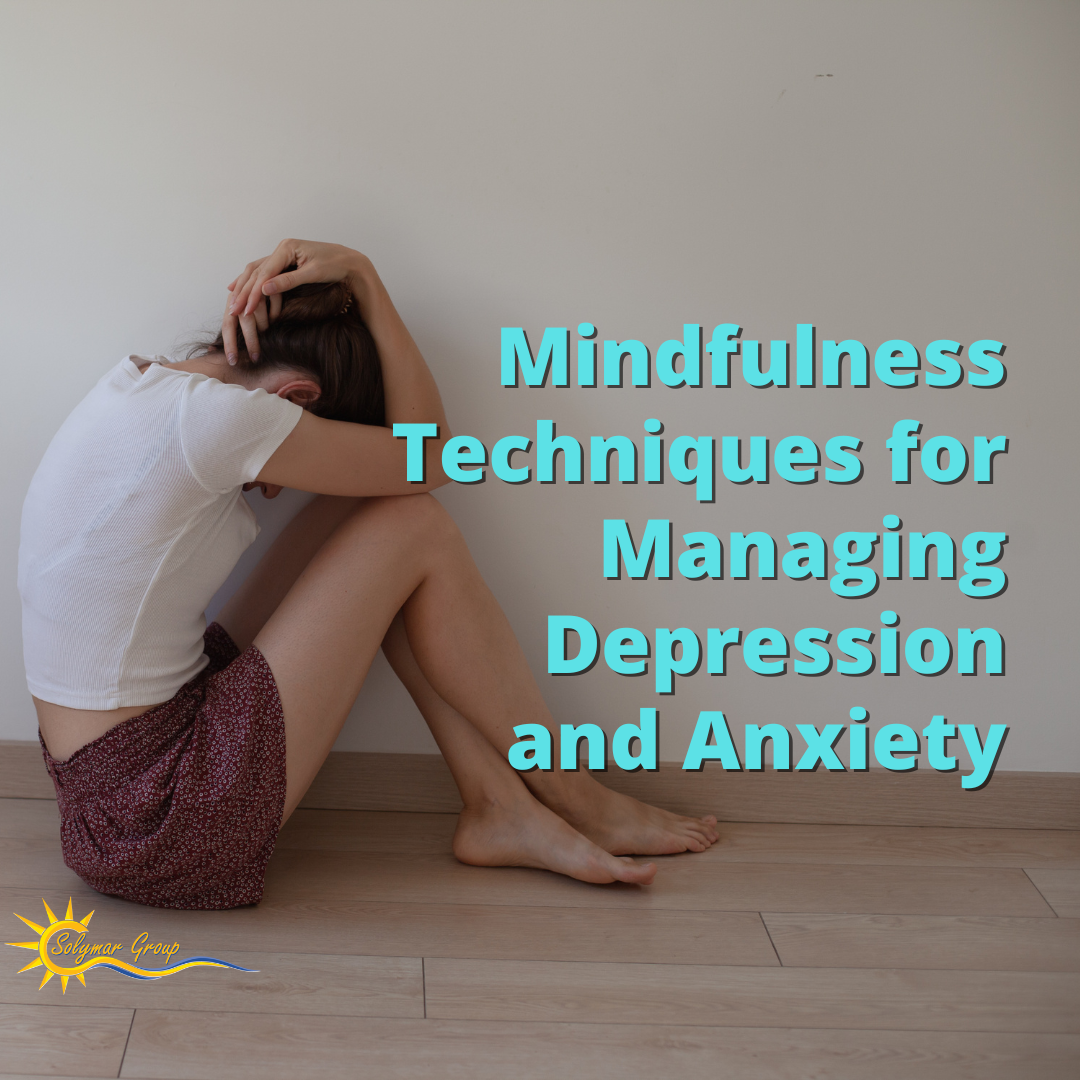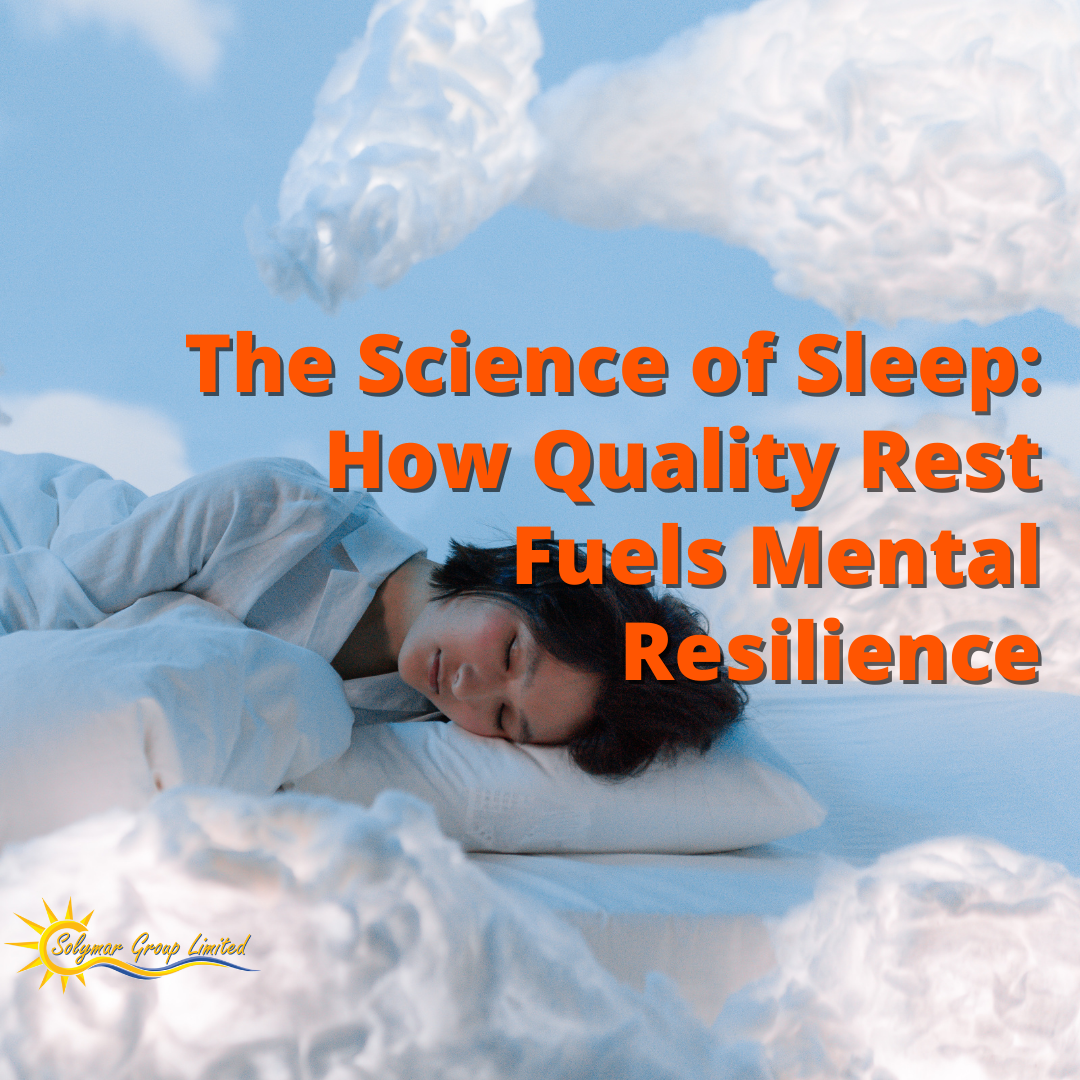 Women around the world have been breaking barriers, shattering glass ceilings, and making significant strides in various fields. From politics and science to arts and sports, women have been rewriting history and challenging societal norms. This article celebrates the achievements of women while acknowledging the challenges they face in their journey towards empowerment.
Women around the world have been breaking barriers, shattering glass ceilings, and making significant strides in various fields. From politics and science to arts and sports, women have been rewriting history and challenging societal norms. This article celebrates the achievements of women while acknowledging the challenges they face in their journey towards empowerment.
Celebrating Achievements
Throughout history, women have achieved remarkable feats and contributed to society in countless ways. Their accomplishments serve as an inspiration for generations to come. Here are a few examples:
- Emmeline Pankhurst: As a leading suffragette, Pankhurst fought tirelessly for women's right to vote in the early 20th century. Her activism and determination paved the way for significant progress in women's rights. [source]
- Rosalind Franklin: Franklin's groundbreaking work on X-ray diffraction images played a crucial role in the discovery of the structure of DNA. Despite her contributions, Franklin's work was often overshadowed. [source]
- Malala Yousafzai: Yousafzai, a Nobel Peace Prize laureate, has become an advocate for girls' education worldwide. Despite surviving an assassination attempt by the Taliban, she continues to fight for equal access to education. [source]

 Creating a healthy work environment is crucial for the well-being of employees and the overall success of an organization. A positive work environment promotes employee engagement, productivity, and reduces workplace stress. In this article, we will explore effective strategies for creating a healthy work environment and reducing workplace stress.
Creating a healthy work environment is crucial for the well-being of employees and the overall success of an organization. A positive work environment promotes employee engagement, productivity, and reduces workplace stress. In this article, we will explore effective strategies for creating a healthy work environment and reducing workplace stress. Introduction:
Introduction: Failure is often viewed as something negative, a symbol of defeat or inadequacy. However, when we shift our perspective and reframe failure, we realize that setbacks can be transformative opportunities for growth. Embracing failure allows us to develop resilience, learn valuable lessons, and ultimately achieve greater success. In this article, we will explore the mindset shift required to reframe failure and provide practical strategies to embrace setbacks as catalysts for personal and professional growth.
Failure is often viewed as something negative, a symbol of defeat or inadequacy. However, when we shift our perspective and reframe failure, we realize that setbacks can be transformative opportunities for growth. Embracing failure allows us to develop resilience, learn valuable lessons, and ultimately achieve greater success. In this article, we will explore the mindset shift required to reframe failure and provide practical strategies to embrace setbacks as catalysts for personal and professional growth. Nutrition has long been recognized as a key factor in maintaining physical health, but its impact on mental well-being is often underestimated. The foods we consume have a direct influence on our brain chemistry and can significantly affect our mood and emotions. By incorporating certain foods into our diet, we can naturally boost our mental well-being and promote a positive mindset. In this article, we will explore the role of nutrition in mood regulation and highlight some foods that have been scientifically proven to enhance mental well-being.
Nutrition has long been recognized as a key factor in maintaining physical health, but its impact on mental well-being is often underestimated. The foods we consume have a direct influence on our brain chemistry and can significantly affect our mood and emotions. By incorporating certain foods into our diet, we can naturally boost our mental well-being and promote a positive mindset. In this article, we will explore the role of nutrition in mood regulation and highlight some foods that have been scientifically proven to enhance mental well-being. In our daily lives, music is more than just a source of entertainment; it holds the power to evoke emotions, transport us to different places and times, and even heal our minds. The therapeutic power of music has been recognized for centuries, and its profound impact on mental health is now widely acknowledged. Whether you're a music aficionado or simply enjoy listening to your favorite tunes, incorporating music into your life intentionally can be a transformative tool for enhancing well-being and promoting mental health.
In our daily lives, music is more than just a source of entertainment; it holds the power to evoke emotions, transport us to different places and times, and even heal our minds. The therapeutic power of music has been recognized for centuries, and its profound impact on mental health is now widely acknowledged. Whether you're a music aficionado or simply enjoy listening to your favorite tunes, incorporating music into your life intentionally can be a transformative tool for enhancing well-being and promoting mental health. In a world that often glorifies productivity and the hustle mentality, sleep is often sacrificed or neglected. However, emerging scientific research has shed light on the critical role quality sleep plays in promoting mental resilience. Beyond simply feeling refreshed, quality rest is essential for cognitive function, emotional well-being, and overall mental resilience. In this article, we will explore the science behind sleep and its profound impact on mental resilience. Moreover, we will provide valuable tips and strategies to improve sleep quality and unlock your full potential.
In a world that often glorifies productivity and the hustle mentality, sleep is often sacrificed or neglected. However, emerging scientific research has shed light on the critical role quality sleep plays in promoting mental resilience. Beyond simply feeling refreshed, quality rest is essential for cognitive function, emotional well-being, and overall mental resilience. In this article, we will explore the science behind sleep and its profound impact on mental resilience. Moreover, we will provide valuable tips and strategies to improve sleep quality and unlock your full potential.




